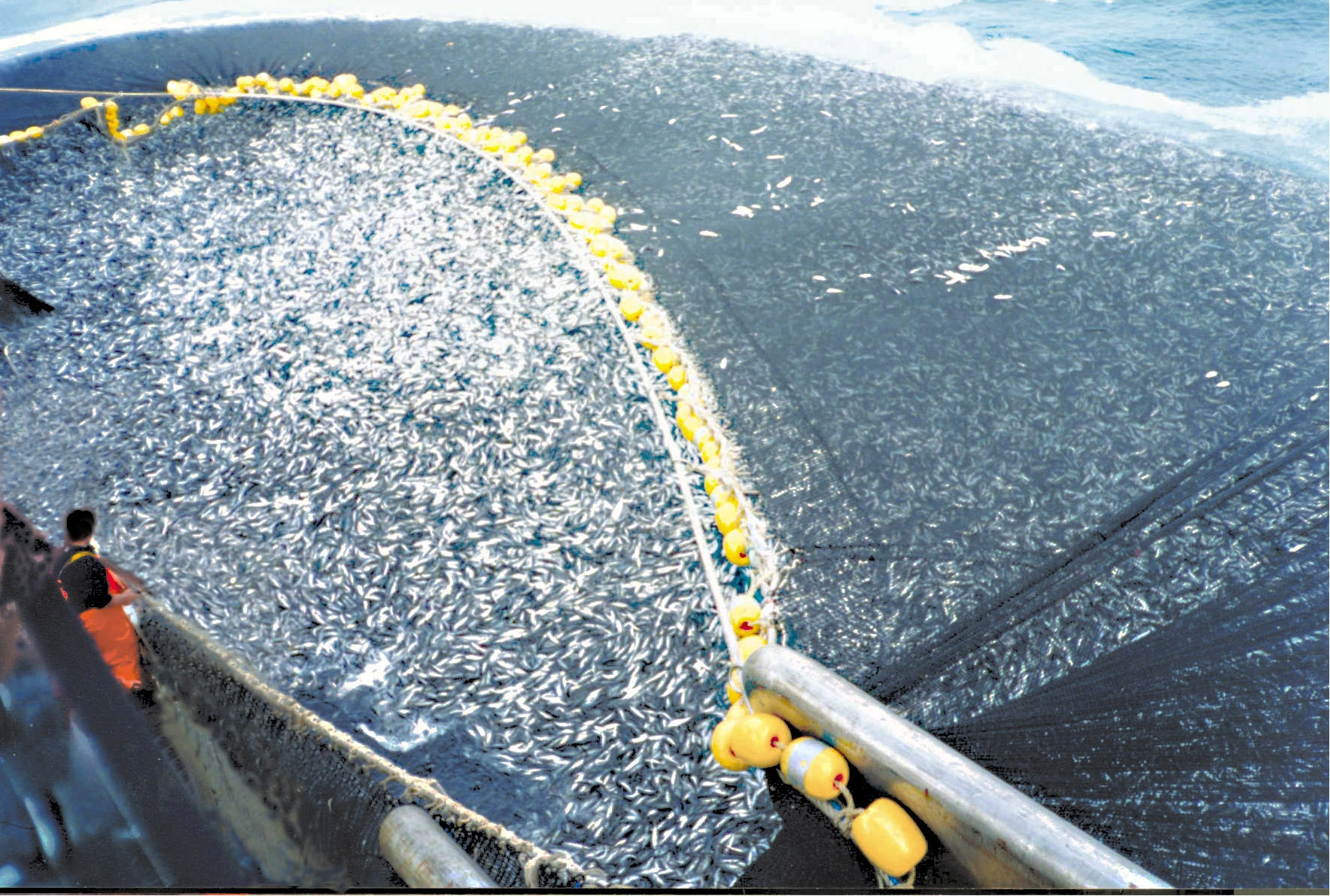Human life depends on the ocean. While it may not seem obvious for us city dwellers in Hong Kong, our livelihood and the ocean is intricately tied. Hong Kong was founded as a trading port of the British Empire to trade Chinese manufactured goods and ship them to Europe. This is a role Hong Kong is still plays 175 years later. While events leading up to the establishment of Hong Kong is morally questionable by today’s standards, its benefit to the world’s economy cannot be denied.
Today, Hong Kong is the world’s fourth largest ship register and the 8th largest trading economy [HKTDC]. Kwai Tsing Container Terminal is the 6th largest container terminal in the world and handled over 20 million TEU containers in 2015[HKTDC]. Hong Kong’s maritime sector contributed $131.4 Billion HKD to Hong Kong’s economy and employ over 85000 people. In addition, Hong Kong has a fleet of over 5000 fishing vessels that go as far as the South China Sea to bring back 145,000 tonnes of fish in last year [AFCD]. Our aquaculture fish pond and fish farms further contributed another 3300 tonnes of fish to our tables[AFCD]. In total our own fisheries provide 28% of the seafood we eat.

While we rely on the ocean for our livelihood, there is no denying that we have caused great damage to our sea, particularly during the period of high economic growth between the 60’s and 90’s. The lack of knowledge and the thirst for profit meant we cared very little about the damage we caused. However, as our economy developed we realised this is very selfish and we understand we have a duty to protect and preserve our sea for the next generation. Then, we started thinking about the environment and began to implement measure to protect it.
Overfishing has led to a 75% decline in global fish stock, and poor management and unstainable policies meant once economically valuable fish stocks are so often overfished, to the extent that they disappeared from areas where they were once plentiful. Advancement in fishing technology means modern fishing boats are more efficient in rounding up the survivors, and this drives various species further towards extinction. This not only affects faraway places, but closer to home as well. Old experienced divers in Hong Kong often recounted how Victoria Harbour was once full of life when they started diving in the 60’s but now it looks like a barren desert.
Often the damage done to the ocean has become irreversible, but it isn’t too late to limit further damage. There has been significant investment in sustainable aquaculture fish farms, which will lower the pressure on wild species. In addition to investing in traditional fish pond and floating fish farm at sea, Hong Kong also pioneered the development of vertical fish farm [BBC]where fish is grown in tanks located in under-utilised factory buildings in the city.

To protect the underwater environment, Hong Kong also has established strict environmental protection policies, built sewage processing facilities to make sure raw sewage would not be carelessly discharged into the sea, and banned highly damaging practice of trawler fishing as well as illegal dumping at sea. Volunteers from all walks of life also take part in organised rubbish picking and some volunteer divers help establishment of artificial coral reefs as well as relocating endangered reefs into protected marine sanctuary. It is all part of giving something back to the ocean.

Unfortunately, these efforts only slow the damage and buy our ocean more time. More needs to be done to give our sea a chance to recover. We need to continue to invest in sustainable use of the sea, not only in laws governing the fishing and marine sector or invest in sustainable fish farm and green technology, but we also need to educate the population. While most people in Hong Kong wouldn’t even dare to think about eating a Chinese white dolphin or a giant panda, few have any reservation eating a plate of tuna sushi or sashimi made from the endangered Bluefin tuna. Without education, most people do not realise they are chewing on the flesh of a fish that is more endangered than the white dolphin.
Everyone needs to play their part in protecting the ocean so future generation can continue to benefit from it. Next time when you eat seafood, think whether it came from a sustainable source, and next time when you throw something away, consider recycling it or dispose of it properly in the correct bin.
About the author
Dr Keith Man graduated with a PhD in engineering science from University of Southampton in 2015. His research was in bio-inspired propulsion system for Autonomous Underwater Vehicles (aka Robot submarine drone). Now he is working as a R&D project manager in Hong Kong that finds and funds promising researches.




